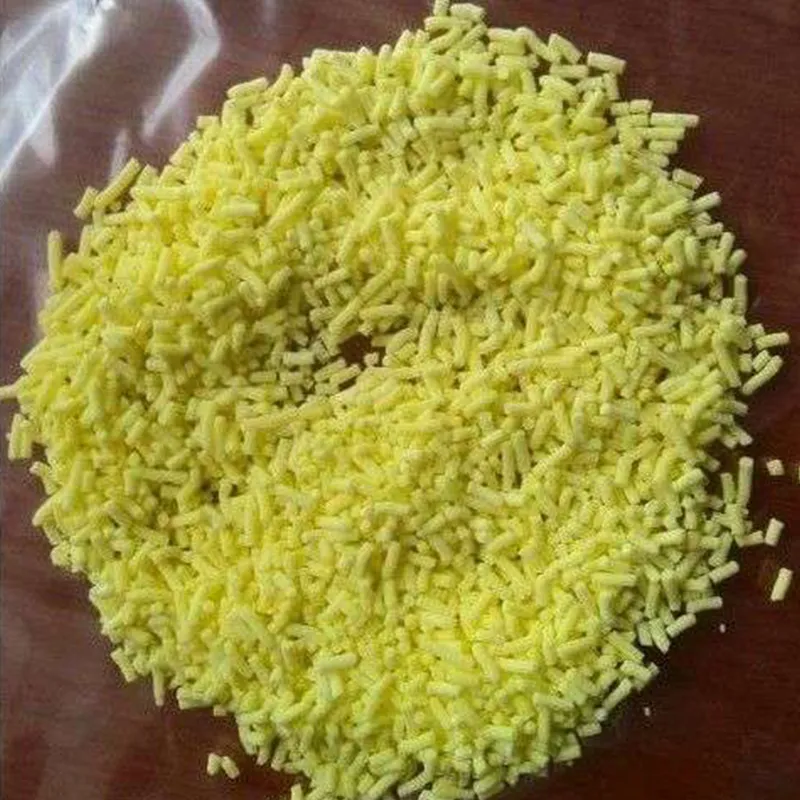


grassy weed killer
Understanding Grassy Weed Killers A Comprehensive Guide
Grassy weeds, known for their rapid growth and ability to thrive in various environments, can pose significant challenges for gardeners and lawn enthusiasts. These intrusive plants can choke out desirable grasses and plants, making it essential to find effective methods for management. One of the most efficient solutions for combating these pesky weeds is the use of grassy weed killers.
What Are Grassy Weeds?
Grassy weeds are non-desirable species that share similar characteristics with turf grasses but can be detrimental to lawn health. Common examples include crabgrass, foxtail, and quackgrass. These weeds often germinate quickly and compete for nutrients, water, and sunlight, leading to the decline of cultivated grass and plants. Their tenacity makes them a significant threat to maintaining a lush and healthy lawn.
Types of Grassy Weed Killers
Grassy weed killers can be classified into two main categories pre-emergent and post-emergent herbicides.
1. Pre-emergent Herbicides These products are applied before the weed seeds germinate. They work by creating a chemical barrier in the soil that inhibits seed germination. For optimal effectiveness, it's crucial to apply pre-emergent herbicides at the right time, typically in early spring and fall, depending on the specific type of weed you are targeting.
2. Post-emergent Herbicides These are applied after the grassy weeds have emerged. They are absorbed by the leaves of the weeds and work systemically to kill the plants from the inside out. Post-emergent herbicides can be selective, targeting specific weeds while leaving desirable grasses unharmed, or non-selective, killing all plants they come into contact with.
Choosing the Right Product
Selecting the appropriate grassy weed killer depends on several factors, including the type of weed you are dealing with, the type of grass in your lawn, and the environmental conditions. Here are some tips for making the right choice
grassy weed killer

- Identify Weeds Accurate identification of the grassy weeds is crucial. Different species may respond to different herbicides. - Read Labels Carefully Always check product labels for active ingredients, application rates, and specific instructions for use. This information will help ensure that you apply the herbicide correctly and effectively.
- Consider Your Lawn Type Some herbicides are safe for use on certain grass types but can harm others. Make sure to choose a product that is compatible with your lawn's grass species.
- Timing is Key The effectiveness of herbicides can greatly depend on the season and weather conditions. Warm, moist conditions tend to enhance efficacy, while dry or extremely cold weather can reduce it.
Application Techniques
Proper application of grassy weed killers is essential for achieving the desired results. Here are some best practices
- Use Proper Equipment Whether you choose a sprayer, spreader, or other application method, make sure your equipment is in good condition and suitable for the product you are using.
- Follow Safety Precautions Wear appropriate protective gear, such as gloves and masks, when handling herbicides. Ensure pets and children are kept away from treated areas until it is safe.
- Watering Strategy After applying a post-emergent herbicide, wait for the recommended time before watering your lawn. For pre-emergent applications, some products require watering in for activation.
Conclusion
Grassy weed killers represent a vital tool in maintaining a healthy lawn and garden. By understanding the different types of herbicides, choosing the right products, and following best practices for application, gardeners can effectively manage grassy weeds and promote the growth of their desired plants. A well-maintained lawn not only enhances the beauty of a property but also contributes to overall environmental health by supporting local ecosystems. The battle against grassy weeds may be challenging, but with the right knowledge and tools, you can reclaim your green space and enjoy a lush, vibrant lawn.
-
Uncover the Benefits of Sodium ChlorateNewsJun.24,2025
-
Sodium for Sale: Your Essential ResourceNewsJun.24,2025
-
Raw Materials in Chemical IndustryNewsJun.24,2025
-
Potassium Hydroxide: Versatile Solutions for Your NeedsNewsJun.24,2025
-
Organic Pesticides and Chemical Raw Materials: Building a Sustainable FutureNewsJun.24,2025
-
Discover Premium Chlorine Tablets TodayNewsJun.24,2025
-
Zinc for Sale: Your Essential ResourceNewsJun.04,2025


















